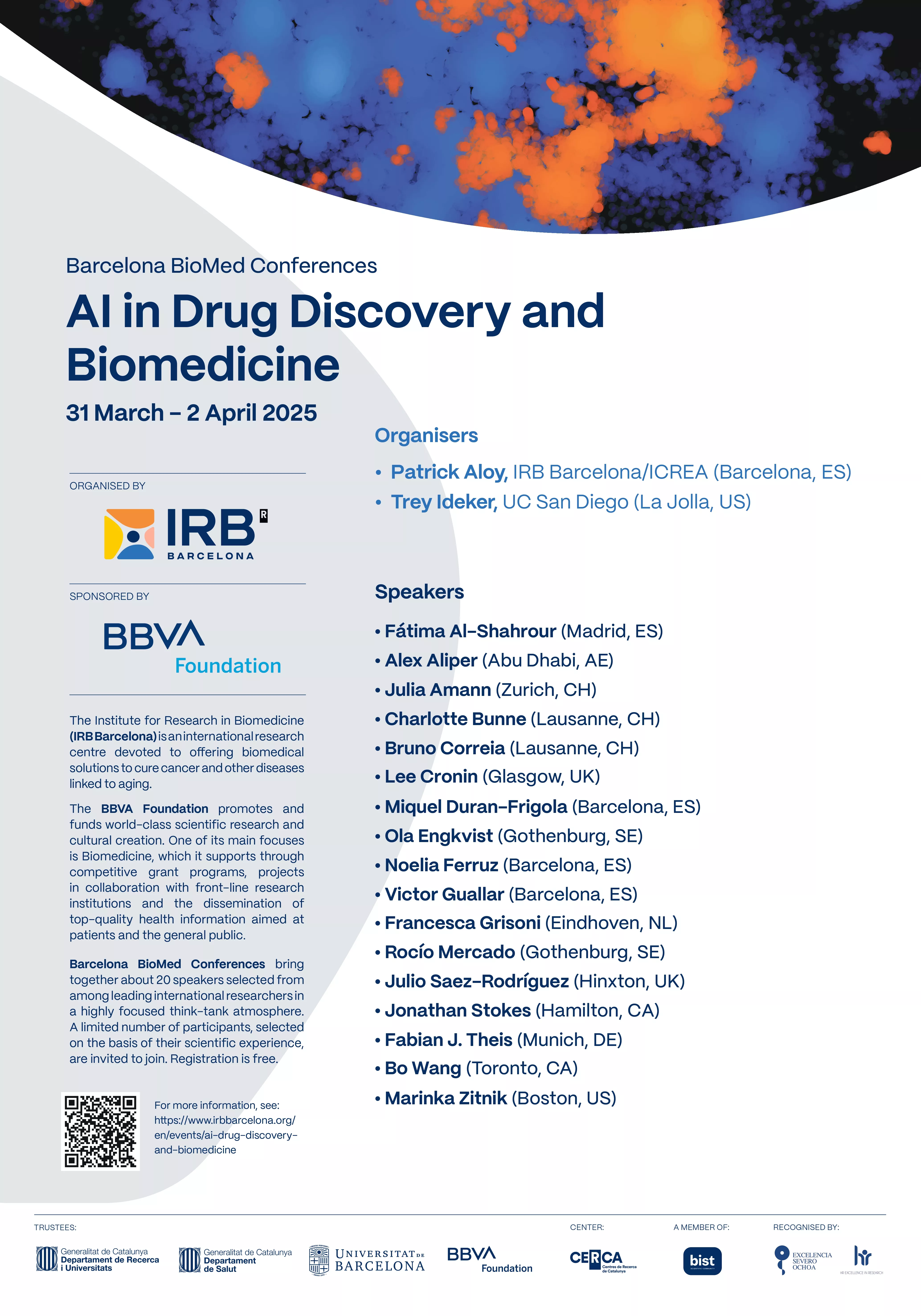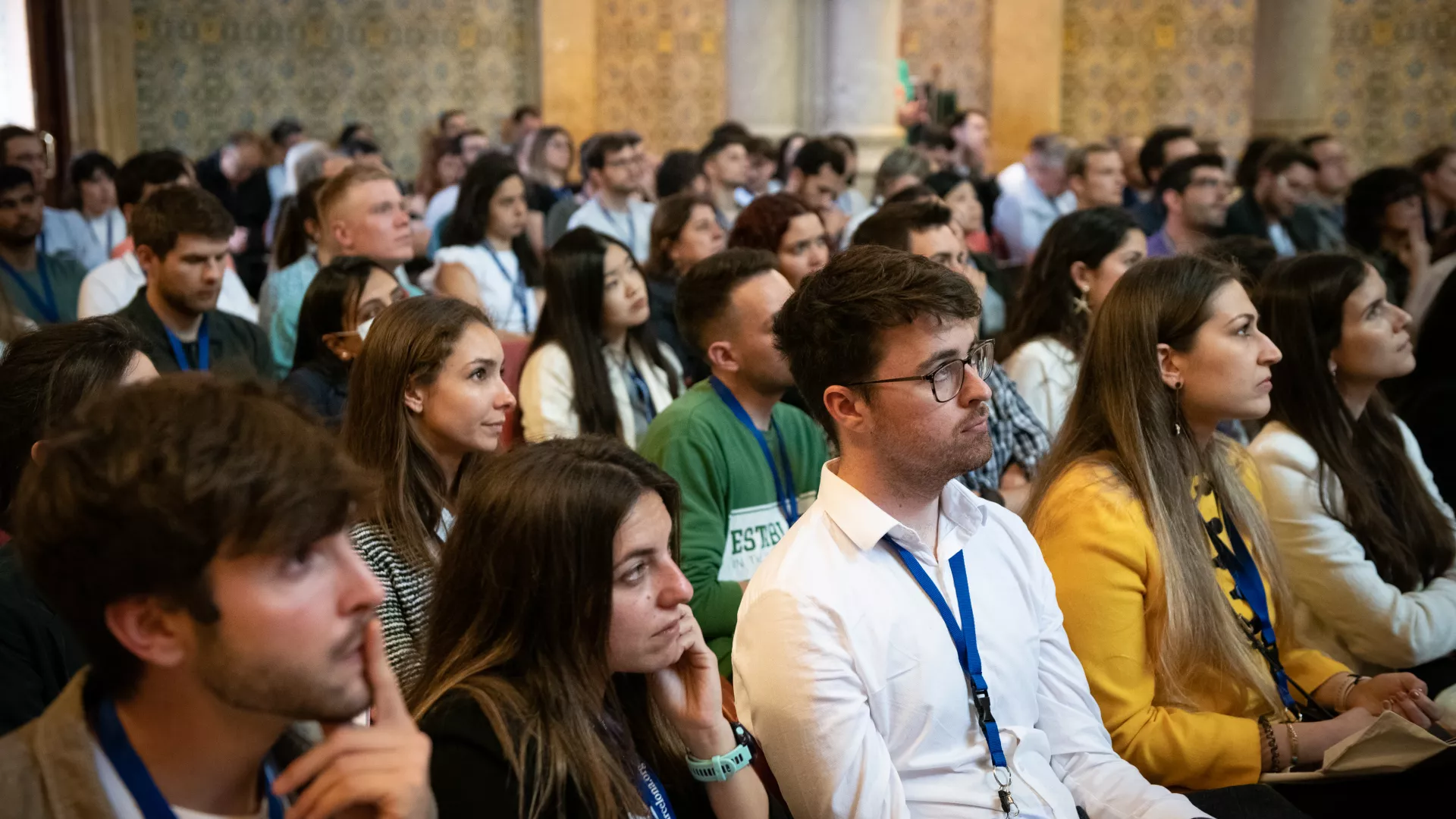Artificial intelligence (AI) has the potential to transform drug discovery, as it is reshaping other areas of science and technology. However, to exploit its full potential, we need to incorporate both biology and chemistry, and format it in a way that is amenable for modern machine learning. This BioMed conference will explore potential strategies to bridge the gap between biological big data, drug screening experiments and state-of-the-art generative AI tools. We will also discuss how generative AI can be used to explore the uncharted chemical space and to design of new chemical compounds (NCEs) with specific pharmacological properties. Indeed, deep learning strategies have successfully designed NCEs with desired anticancer activities or new antibiotic scaffolds, and 15 ML-designed drugs are already in clinical trials. The final goal of this BioMed conference is to pave the way of the transition from precision to personalized medicine where, instead of looking for the most suitable approved drug to treat a patient, we will design specific drugs for each molecular profile.
Presentation
Conference organizers
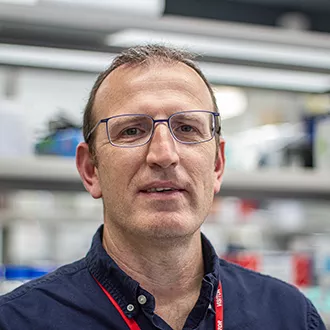
Patrick Aloy
IRB Barcelona/ICREA
(Barcelona, ES)
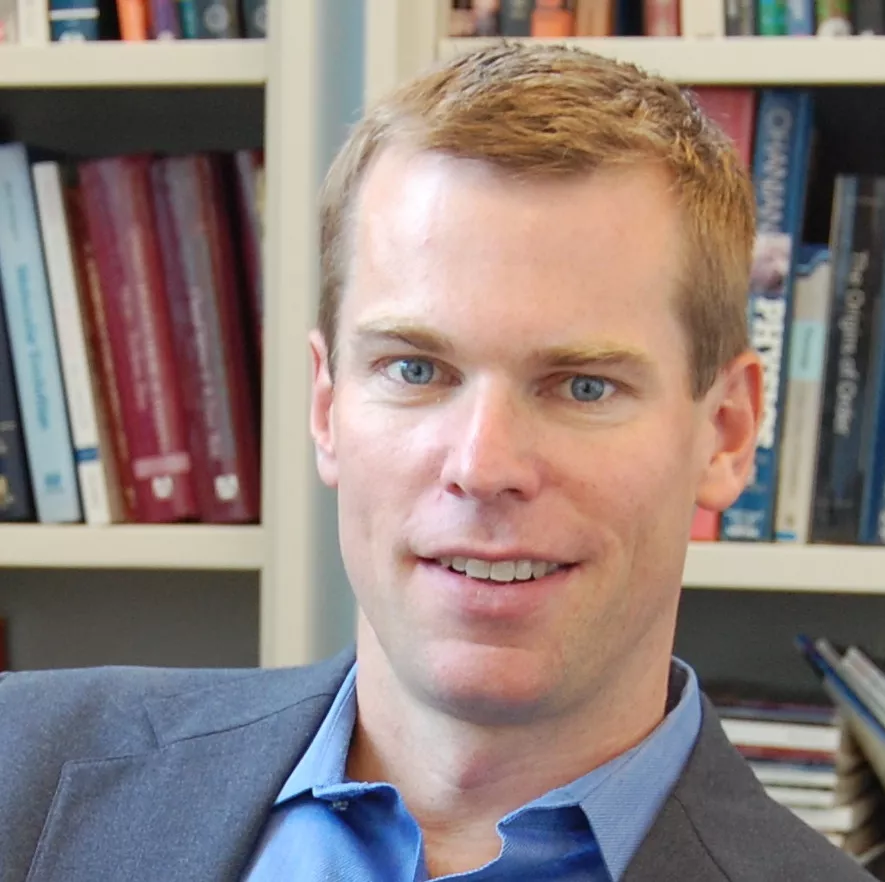
Trey Ideker
UC San Diego
(La Jolla, US)
There is no registration fee for this conference, but the number of participants is limited, with a number of seats saved for IRB Barcelona alumni. Previous registration is required.
Priority will be given to those who submit the highest quality abstracts for short talks or posters and the order of registration will be considered.
Abstracts should include a title, authors, affiliations, summary (max 250 words) and references
REGISTRATION IS OVER
(Note: Any issue about the registration or abstract, please contact: meritxell.gavalda@irbbarcelona.org)
Programme
Monday, 31 March
8.30 Registration
9.00 Welcome by Dr. Francesc Posas (IRB Barcelona, Director)
and organizers (Dr. Patrick Aloy and Dr. Trey Ideker)
Session I: Foundational models in biomedicine
9.15 Generative AI for modeling single-cell response to drugs
Fabian J. Theis, Helmholtz Munich Computational Health Center
Technical University of Munich TUM (Munich, DE)
9.55 Short talk 1: Advancing Gene Regulatory Network Inference for Precision
Medicine: Insights from Multimodal Single-Cell Data
Pau Badia-i-Mompel, Heidelberg University (Heidelberg, DE)
10.10 Virtual Cells and Digital Twins: AI in Personalized Oncology
Charlotte Bunne, EPFL (Lausanne, CH)
10.50 -11.30 Coffee break and poster session
11.30 Bo Wang, University of Toronto (Toronto, CA)
12.10 Marinka Zitnik, Harvard Medical School (Boston, US)
12.50 -14.00 Lunch and poster session
Session II: Explainable AI in biomedicine
14.00 Digital Tumors for Precision Oncology
Trey Ideker, UC San Diego (La Jolla, US)
14.40 Fátima Al-Shahrour, CNIO (Madrid, ES)
15.20 – 16.00 Coffee break and poster session
16.00 AI Ethics and Explainability in Healthcare: A human-centered perspective
Julia Amann, Careum Foundation (Zurich, CH)
16.40 Knowledge-based machine learning to find targets and biomarkers from
omics data
Julio Saez-Rodríguez, EMBL-EBI (Hinxton, UK)
17.20 End of session
Tuesday, 1 April
Session III: AI in target identification, design and characterization
9.00 Bruno Correia, EPFL (Lausanne, CH)
9.40 Short talk 2: Assessing Drug Sensitivity of Single Cells Through Gene
Expression Traits
Niek Brouwer, Netherlands Cancer Insititute & Delft University of Technology
(Amsterdam, NL)
9:55 Active Learning processes in biomolecular modelling
Victor Guallar, BSC/ ICREA (Barcelona, ES)
10.35 - 11.20 Coffee break and poster session
11.20 Controllable protein design with language models
Noelia Ferruz, CRG (Barcelona, ES)
12.00 Blending biology, chemistry and AI to enable systems pharmacology
Patrick Aloy, IRB Barcelona/ICREA (Barcelona, ES)
12.40 Short talk 3:
Pascal Falter-Braun, Institute of Network Biology at the Helmholtz Center Munich (Munich, DE)
12:55-14.30 Lunch and poster session
Session IV: Generative AI for de novo drug design
14.30 Applying ML/AI to drug design
Ola Engkvist, AstraZeneca (Gothenburg, SE)
15.10 Short talk 4: Rethinking Protein and RNA Language Models via Linear Attention and Learnable Tokenization
Alexis Molina, Nostrum Biodiscovery (Barcelona, ES)
15.25 Francesca Grisoni, Eindhoven University of Technology (Eindhoven, NL)
16.05- 16.45 Coffee break and poster session
16.45 Generative AI for Molecular Engineering
Rocío Mercado, Chalmers (Gothenburg, SE)
17:25 Short talk 5: Identification of potent high-affinity secondary nucleation
inhibitors of Ab42 aggregation from an ultra-large chemical library using
Deep Docking
Michaela Brezinova, University of Cambridge (UK)
17.40 Jonathan Stokes, McMaster University (Hamilton, CA)
18.20 End of session
Wednesday, 2 April
Session V: AI beyond computers
9.00 From Algorithm to Human Clinical Trials: Accelerating Drug Discovery and
Development with Generative AI and Robotics
Alex Aliper, Insilico Medicine (Abu Dhabi, AE)
9.40 Short talk 6: Accelerating Target Discovery with Gene Perceiver: A Novel
Foundational Model for In Silico Gene Perturbations
Michal Pikusa, Novartis Biomedical Research (Basel, CH)
9.55 Open Source AI for Antimicrobial Drug Discovery: Beyond Growth
Inhibition and Target Prediction
Miquel Duran-Frigola, Fundació Ersilia Open Source Initiative (Barcelona, ES)
10.35 -11.20 Coffee break and poster session
11.20 Short talk 7: Real-world data-driven multimodal machine learning for
precision oncology
Francisco Sánchez-Vega, Memorial Sloan Kettering Cancer Center (New York, US)
11.35 Lee Cronin, University of Glasgow (Glasgow, UK)
12.15 Concluding remarks and end of conference
Venue
The BARCELONA BIOMED CONFERENCE AI In Drug Discovery and Biomedicine will be placed at the Casa Convalescència in the heart of Barcelona. Talks will take place in the Aula Magna.
Casa Convalescència
C/ Sant Antoni Maria Claret, 171
08041 Barcelona
Tel +34 934 335 000
https://www.uab.cat/casa-convalescencia/
How to reach the Casa Convalescència:
Underground
Yellow line (L4) - GUINARDÓ – HOSPITAL DE SANT PAU station
Blue line (L5) - SANT PAU – DOS DE MAIG station
By bus
Lines: 15, 19, 20, 45, 47, 50, 51, 92 and 192.
For the GPS
Introduce the following coordinates:
Latitude: 41.413702 (41° 24' 49.33'' N)
Longitude: 2.177482 (2° 10' 38.94'' E)
From the airport
* Train + Underground. At the RENFE station, take the train to Sants-Estació. Once there take the Underground's blue line (L5) till SANT PAU – DOS DE MAIG station.
* Bus + Underground. Outside the airport terminal, take the AEROBUS to Plaça Catalunya. Walk one corner till Plaça Urquinaona and take the Underground's yellow line (L4) to GUINARDÓ – HOSPITAL DE SANT PAU station.
Barcelona Metropolitan Transport webiste (with metro and bus maps)
Accomodation
Speakers will be lodged at the Hotel ILUNION Bel Art
Lepant, 406
08025 Barcelona
Telephone: +34 934335440
Other hotels
A list of additional hotels within walking distance of the Casa Convalescència can be found at: https://www.barcelona-tourist-guide.com/en/hotels/hotelmaps/eixample-right-barcelona-hotel.html
(The Casa Convalescència is located near the violet point 27/3 star). Rates will vary depending on choice of hotel and season. Please check with the hotel of your choice directly for the best offer.
Residences
Another possibility are the Resa Residences, availables for short-term stays: www.resa.es/en/city/barcelona
Participants registered for events in the Barcelona BioMed series should contact the hotels and
residences directly to arrange bookings and payment.
Speakers
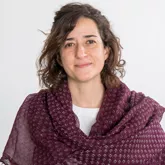
Fátima Al-Shahrour
CNIO (Madrid, ES)
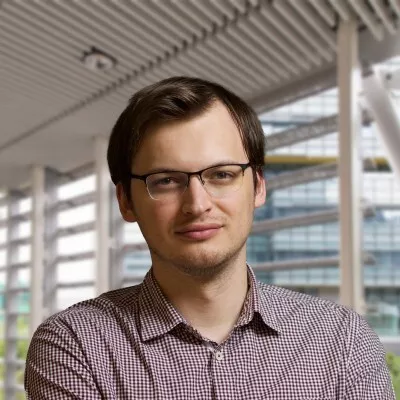
Alex Aliper
Insilico Medicine (Abu Dhabi, AE)
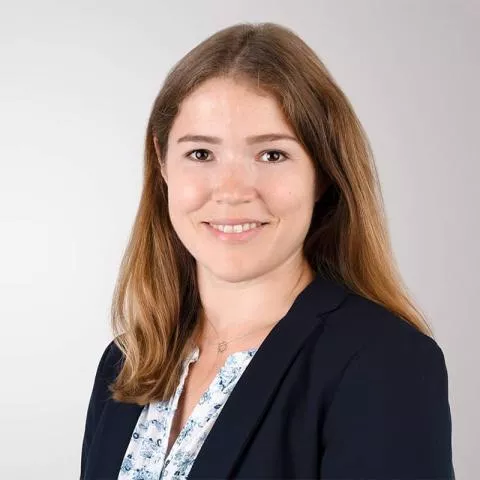
Julia Amann
Careum Foundation (Zurich, CH)
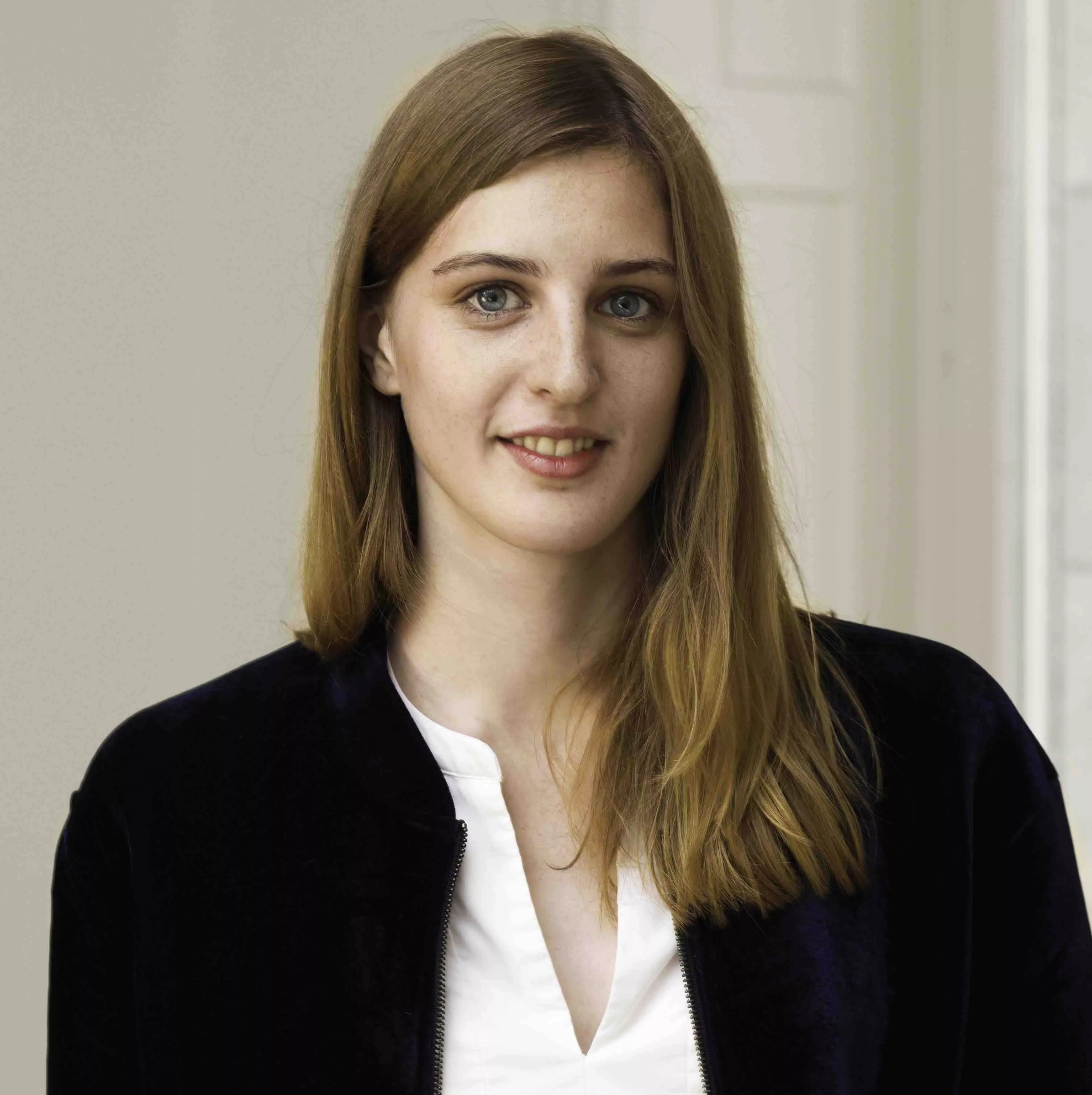
Charlotte Brunne
EPFL (Lausanne, CH)

Bruno Correia
EPFL (Lausanne, CH)
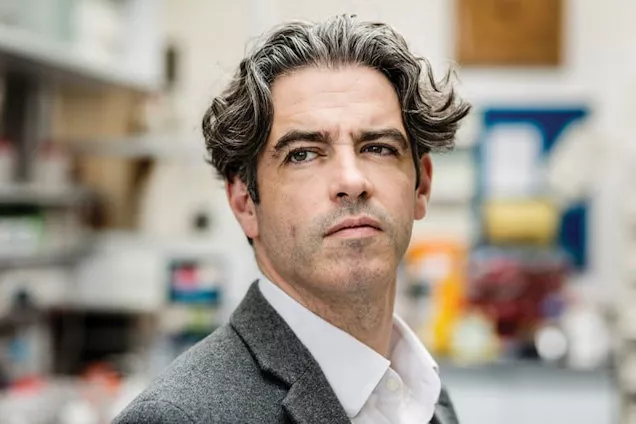
Lee Cronin
University of Glasgow (Glasgow, UK)
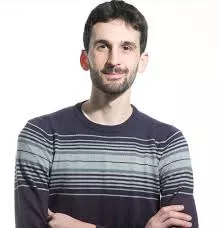
Miquel Duran-Frigola
Fundació Ersilia Open Source Initiative (Barcelona, ES)
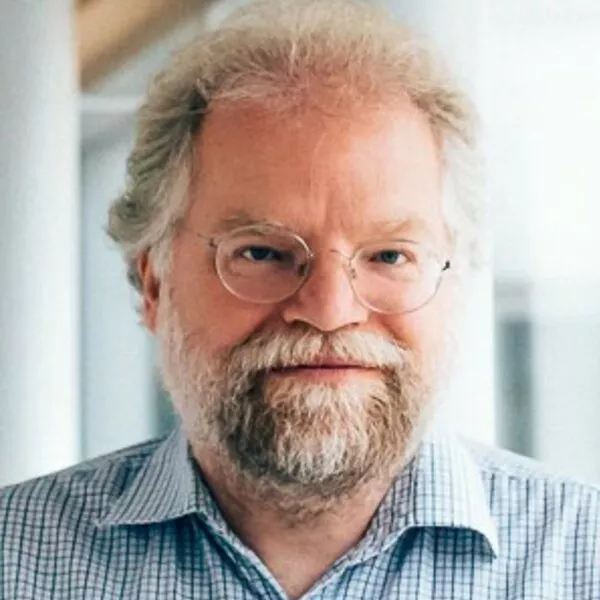
Ola Engkvist
AstraZeneca (Gothenburg, SE)
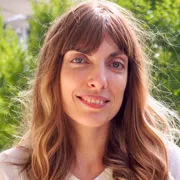
Noelia Ferruz
CRG (Barcelona, ES)
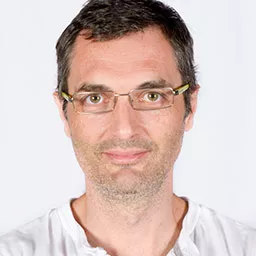
Victor Guallar
BSC / ICREA (Barcelona, ES)
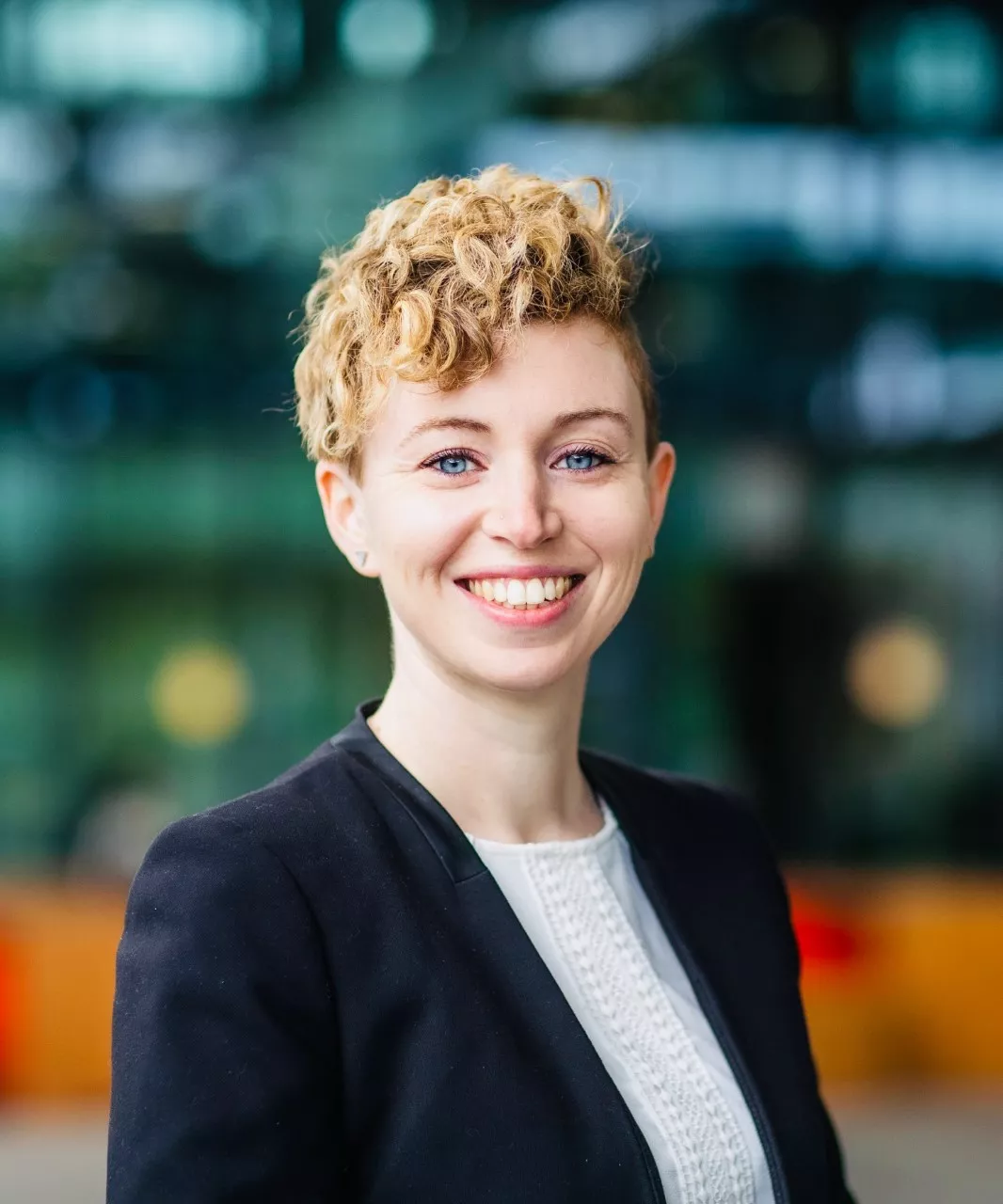
Francesca Grisoni
Eindhoven University of Technology (Eindhoven, NL)
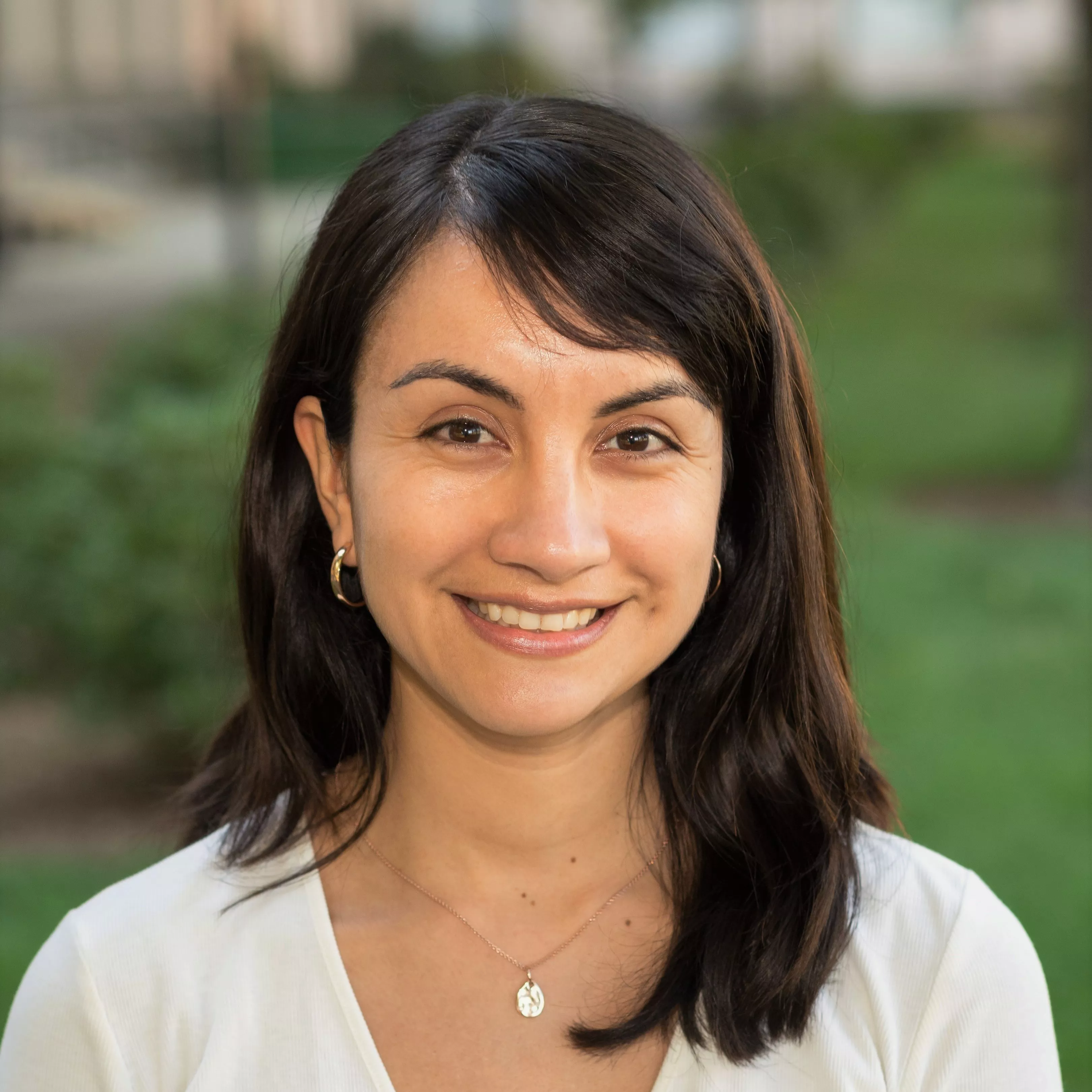
Rocío Mercado
Chalmers (Gothenburg, SE)
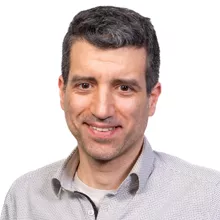
Julio Saenz-Rodriguez
EMBL-EBI (Hinxton, UK)
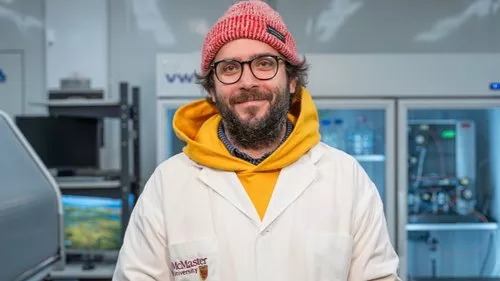
Jonathan Stokes
McMaster University (Hamilton, CA)
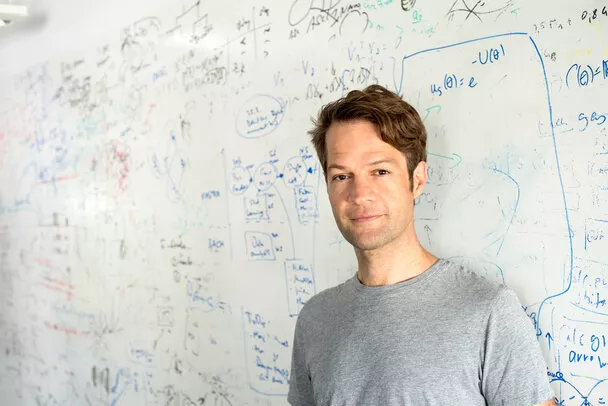
Fabian J. Theis
Helmholtz Munich Computational Health Technical University of Munich TUM (Munich, DE)
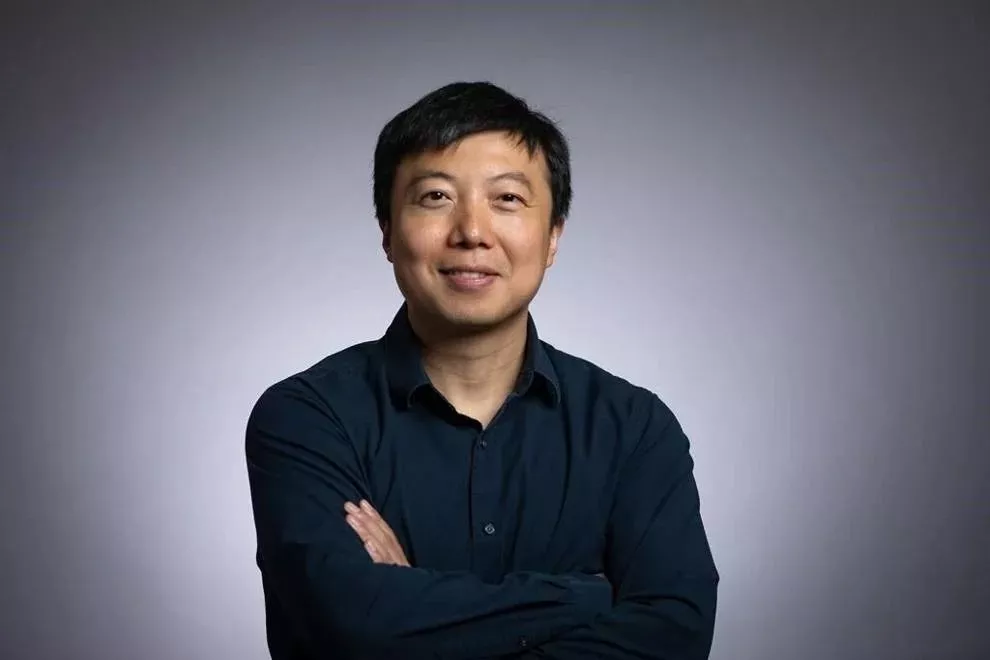
Bo Wang
University of Toronto (Toronto, CA)
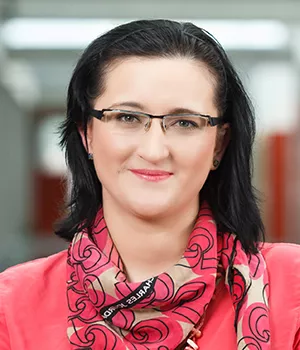
Marinka Zitnik
Harvard Medical School (Boston, US)
Poster
